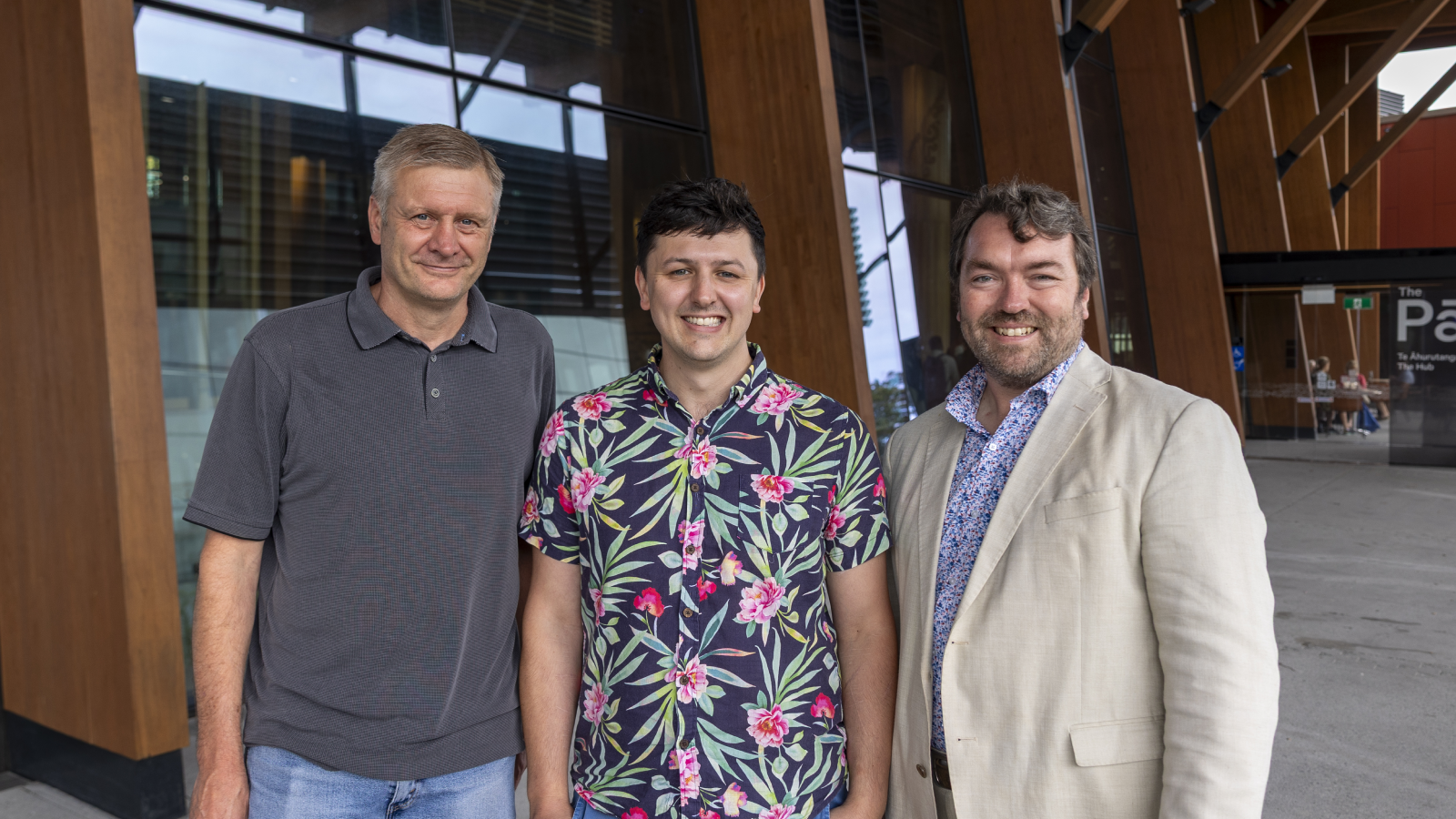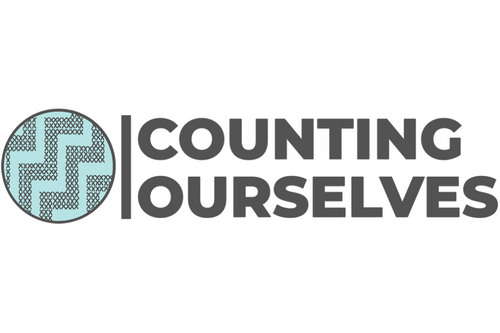 Professor Holly Thorpe, a sociologist in Te Huataki Waiora School of Health at the University of Waikato, has received a two-year James Cook Research Fellowship to understand the social, economic, and emotional toll the global pandemic has had on New Zealand women and how they have coped in a time of turmoil.
Professor Holly Thorpe, a sociologist in Te Huataki Waiora School of Health at the University of Waikato, has received a two-year James Cook Research Fellowship to understand the social, economic, and emotional toll the global pandemic has had on New Zealand women and how they have coped in a time of turmoil.
“These are very pressing questions. Every day that I wake up as a working mother in the midst of the pandemic and lockdowns I know I have responsibilities to my family, to my community, to my students. These are feelings that every woman I talk to is experiencing right now. But women are experiencing these uncertain and stressful times in many different ways,” says Professor Thorpe.
The gendered pandemic
The Covid-19 pandemic is disproportionately affecting women. Around the world, women have carried much of the unpaid labor required to care for their families and broader communities, often while simultaneously managing paid employment.
Globally, women lost more than 64 million jobs in 2020 alone, resulting in an estimated $800 billion loss of income. In these conditions, women’s physical and mental health has been heavily impacted for both frontline workers and in the home. The rates of domestic violence have also surged during this time, resulting in what some refer to as the ‘shadow pandemic’.
In New Zealand 90 percent of the jobs lost during the pandemic in 2020 were from women and while the Government’s Wellbeing Budget recognised the disproportionate impact of the pandemic on women and young people, we have yet to see gender specific strategies to address this, says Professor Thorpe.
“Even once the vaccine rollout is complete, we know the social, economic and emotional effects of the pandemic will continue to be disproportionately felt by New Zealand women, including the trauma associated with that,” says Professor Thorpe.
“This research will help us understand not only the impact the pandemic has had on New Zealand women, but also how through the incredible social disturbance they have found ways to look after themselves and others.”
Professor Thorpe will lead a multidisciplinary cross-cultural team made up of Māori, Pacific and Muslim early career researchers including Dr Grace O’Leary (Te Arawa), Mihi Nemani (Māori-Samoan, Ngatiwai) and Dr Nida Ahmad.

Dr Grace O'Leary and Professor Holly Thorpe
The project will focus on three core groups: mothers with young children, young women in low socioeconomic communities and women with chronic health conditions. Each team member brings their own cultural knowledge and community connections to the project. The aim is to bring these knowledge sets together, to work across cultures to try to understand the diversity of women’s experiences in Aotearoa.
The research builds on two pilot projects being led by Professor Thorpe investigating how women across the sport sector have responded to the pandemic, and another project exploring how women from different cultural backgrounds are understanding, defining, and managing wellbeing.

Professor Thorpe and Dr Nida Ahmad share their Sport New Zealand report
“In our sport sector research, we have already found that along with running businesses and caring for families, a lot of women were also caring for their communities offering free coaching or online yoga and boxing classes. There was an ethics of care for their communities on top of what they were already doing at home,” she says.
The research will not only help discover how women define wellbeing whether it’s through religion, culture, or intergenerational knowledge, as well as seeking to go beyond the human by understanding the role of objects, places and technologies, that have also helped women get through.
New methods for understanding women’s wellbeing

Mihi Nemani is a world champion athlete, a PhD student, and member of the research team
“Wellbeing can often be quite difficult to articulate so we will also be exploring a range of methods to try to get at the nuances and multiplicities of wellbeing during and beyond the pandemic. The research team will be using a combination of focus groups and interviews, and more creative methods. They will also be exploring digital diaries through photos taken on women’s phones, helping to unpack more complex ideas around wellbeing, as well as developing a suite of ‘moving methods’, in which the research and participants engage in a shared movement activity chosen by the participants.
“Through the shared movement experience, the researcher-participant relationship changes. It can be a great way to explore all the vulnerabilities, physical expressions, and social connections that can emerge through the physically active body in spaces and places of importance to women,” says Professor Thorpe.
The role of sport and physical activity in pandemic times
Women’s participation in sport and physical activity will be a key focus of this study. Building upon Professor Thorpe’s previous research that has focused on the role of formal and informal sport in processes of recovery and rebuilding following conflict, disaster, migration and other stressful life events, this project will be the first to explore women’s lived experiences of sport and physical activity in Aotearoa as a unique vehicle for promoting processes of wellbeing, recovery, social connection, and belonging as they live through the pandemic.

Professor Thorpe will be studying mothers physical activity and wellbeing during the pandemic
A key line of questioning will be: How do women’s movement practices - e.g. running, swimming, gardening, online fitness classes, walking in a local park, in the native bush or on the beach - contribute to their understanding of wellbeing and connection before, during and after the pandemic?
Professor Thorpe has already co-authored a book Feminist New Materialism, Sport and Fitness alongside Julie Brice and Marianne Clark, and she says the research will build on exciting new developments in feminist theory and methods.
“At the local level it will contribute to more complex ways of thinking about women’s wellbeing and what strategies and policies are needed to recognise the gendered effects of the pandemic and how we can better support women through this and out the other side of it.
“The recovery from this pandemic is going to have a long tail. The James Cook Fellowships is an incredible opportunity to focus on a topic that is of significance to New Zealand women, and to contribute to more gender responsive policies and approaches that prioritise women’s voices. This project is focused on trying to amplify the diversity of voices and knowledge from everyday New Zealand women. We will work with sport and health organisations to ensure the findings make an impact, and help to support women’s recovery during and beyond Covid-19.” says Professor Thorpe.



